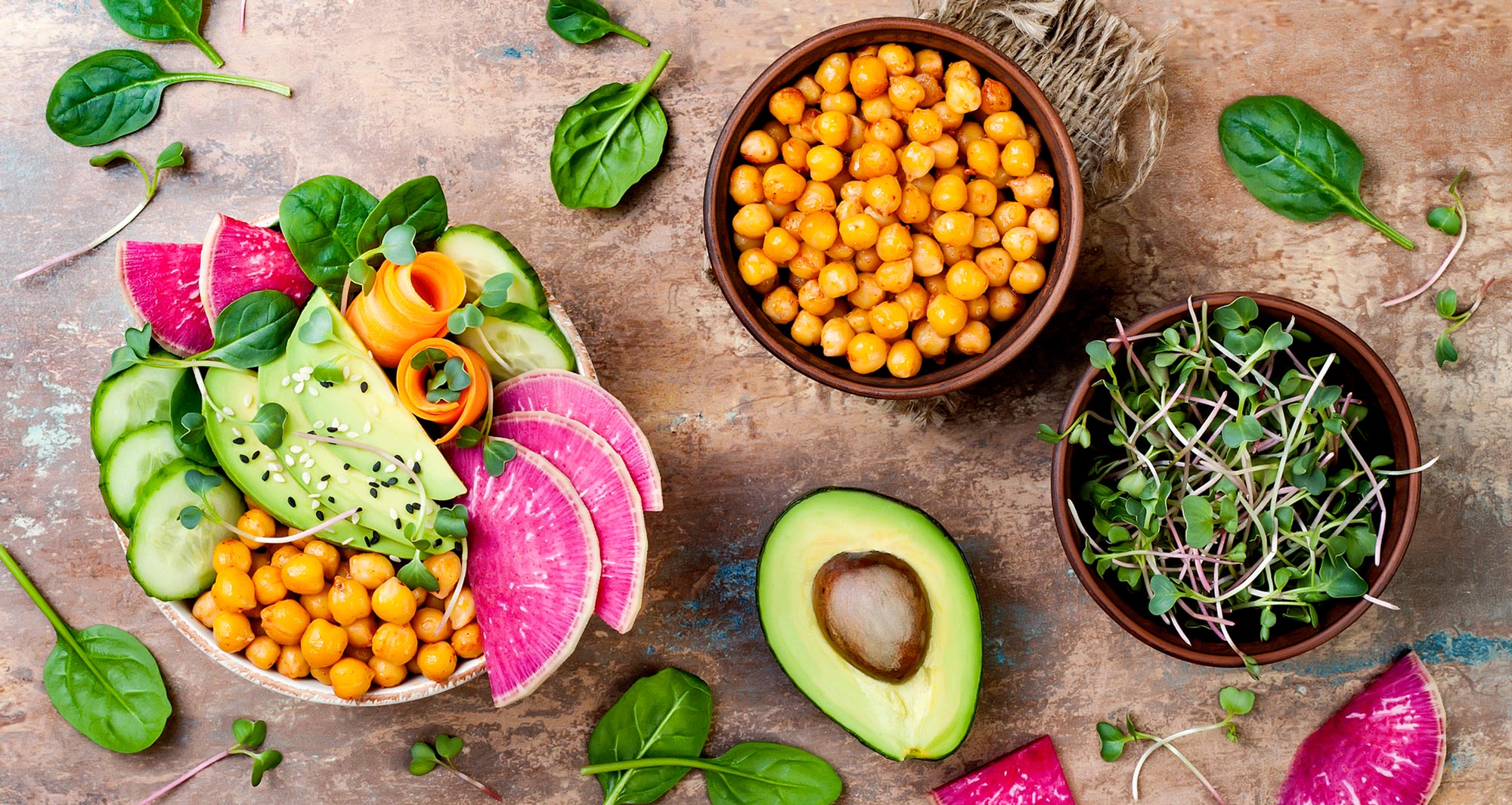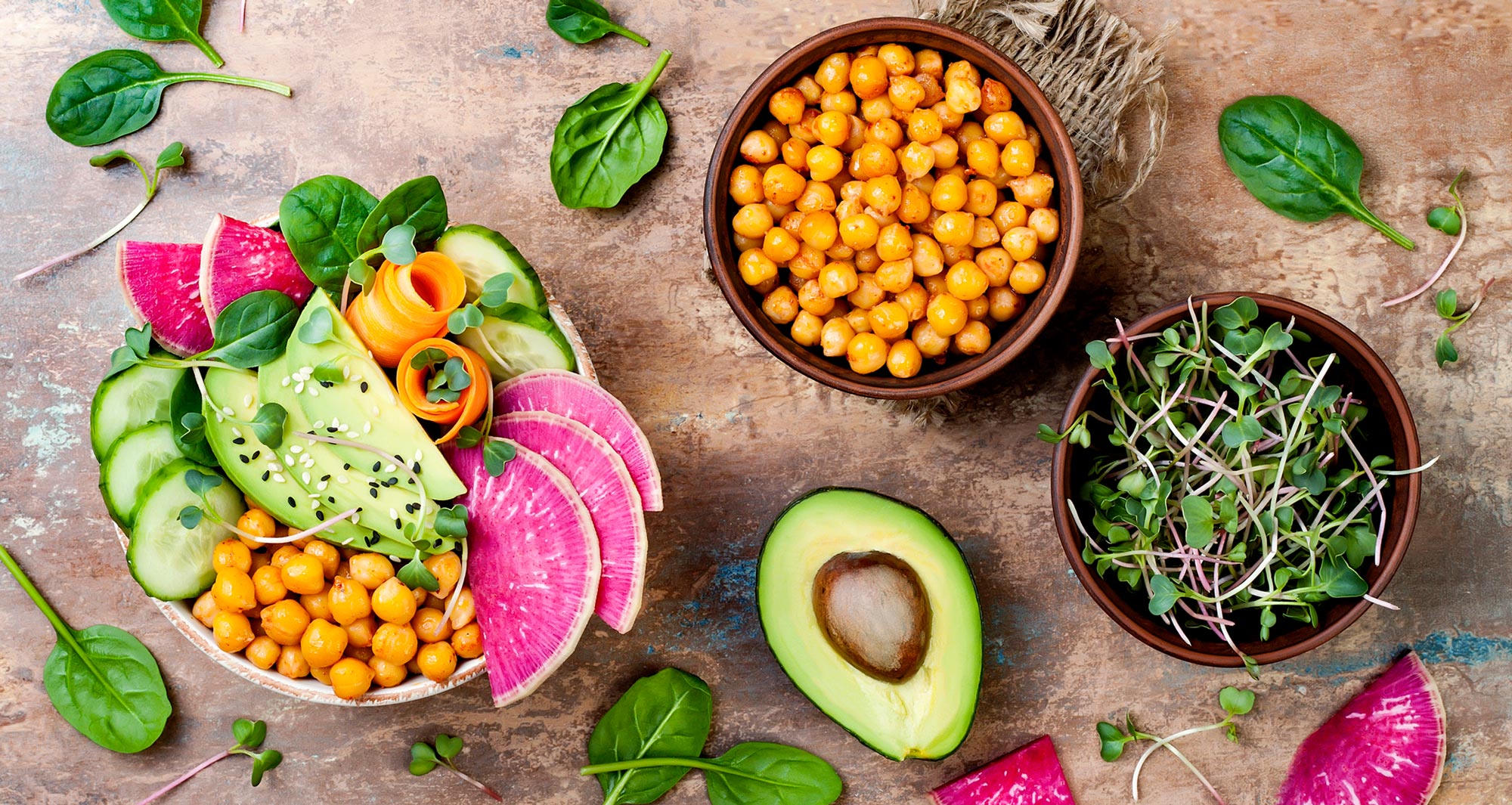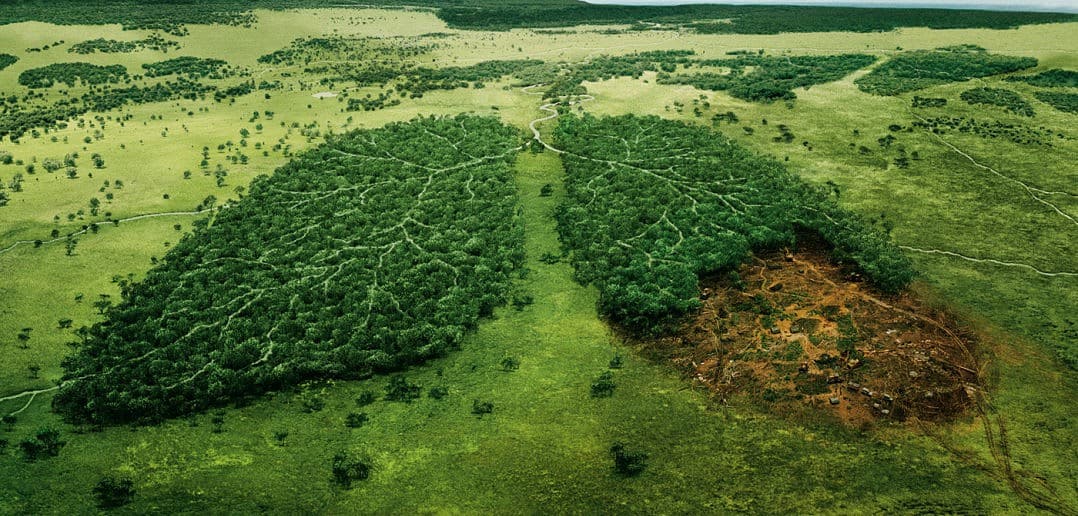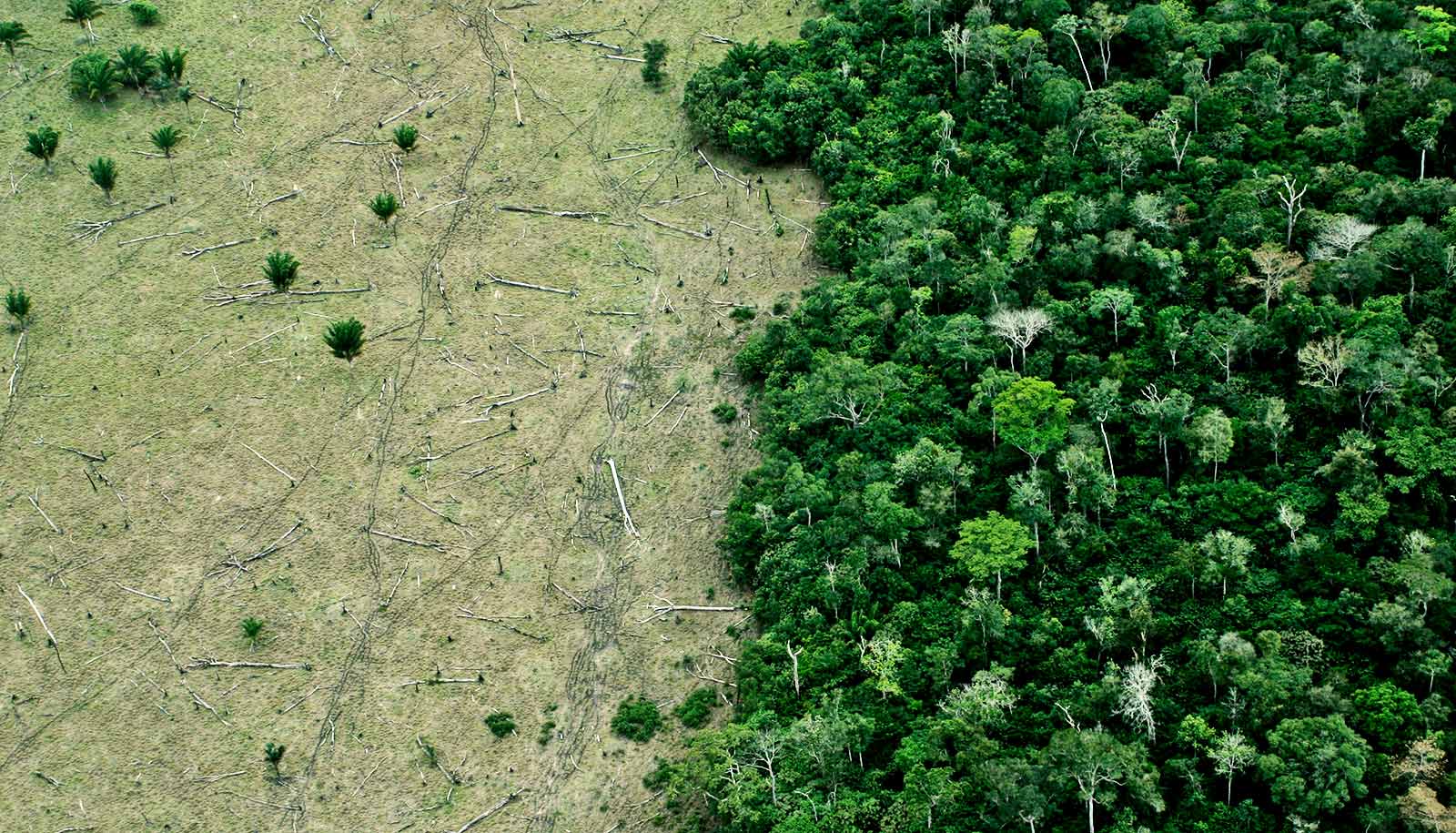
Reasons Why You Should Shift Towards Veganism For The Sake Of The Environment
The world is screaming at a high pitch with lots of reasons to shift towards veganism that cram in many compelling and convincing points. However, first let us briefly discuss; why go vegan?

Impact of Hunting on Environment
There is a tremendous amount of animal slaughtering and suffering across the globe. The problem is, hunting and animal food demand also contribute a massive amount towards enhancing the environmental footprint, especially in regards to climate change and global warming. A vegan lifestyle can help to prevent it.
According to a survey conducted by Report Writing Services published in 2017, “A well-planned veganism can offer us the highest level of eco-friendliness and overall fitness while reducing the risk of chronic, life-threatening diseases. Also, it can fuel an insanely delicious food that can be more widely available for the whole year.”

The Need of Veganism
If witnessing the slaughter and animal abuse is troubling you, switching towards veganism can help to eliminate every last bit of it from your life. It may seem to be counter-intuitive to some; however, the dairy industry is as tied to animal abuse and slaughtering as the meat industry. Factually, there is only one difference between both industries; meat comes from those animals that have been killed while milk and egg come from those animals that will be killed.
7 Reasons Why You Should Shift Towards Veganism
Below are the seven primary environment-friendly reasons to convince anyone to shift towards a vegan diet.
1. Veganism combats world hunger
Humans do not consume a massive amount of grown food. 70% of the grown grains feed livestock in the US, while 83% of the farmland is set to raise farming animals globally. Seven hundred million tons of the food goes to livestock annually whereas it could be consumed by humans. Also, plants have a more diverse nutrient profile while the meat is caloric dense food.
Additionally, overfishing, deforestation, and pollution caused by the meat industry are contributing to increasing the carbon footprint. Hence, the global population is estimated to reach up to 9.1 billion by 2050, and there will be not enough land available to raise meat animals to feed everyone on the planet. Also, the earth may not cope with this pollution well.
2. It conserves water
Millions of people don’t have access to clean water across the globe. Livestock needs more freshwater and is one of the most significant pollutants of freshwater than anything else. It takes up to 100 times more water to raise a pound of meat than to grow a pound of a particular plant or vegetable. Hence, cutting down on one kg of meat can save us 15,000 liters of water, annually. Also, replacing a meat diet with a vegan diet can save 4.25 liters of water per day per human.
3. It cleans the soil
Just like livestock pollutes water, it erodes the soil. The reason is because raising livestock tends to lead to deforestation that then contributes to cleared, massive swaths of land. Also, trees provide different nutrients and resilience to climate change. Trees reserve ozone by enhancing oxygen level to keep the planet cool as well. Globally, there is a loss the a size of Panama annually due to deforestation which in turn accelerates climate change. Therefore, planting a diverse plant species can lead to long term resilience and well-nourished soil.

4. A vegan diet reduces energy consumption
Livestock farming needs a lot of energy. There are many contributing factors including lots of food consumption by the animals, a long time to raise the animals, meat production, shipping and refrigeration of meat, along with the long time it takes for distribution from the slaughterhouse to consumers’ plates. Moreover, livestock consumes a considerable amount of food that could have been put to other use. Hence, plant-based proteins are estimated to raise eight times fewer energy costs than a meat-based protein diet.
5. It purifies the air
Livestock produces more air pollution than all the transportation vehicles in the world, including cars, planes, buses, ships, and other modes of transportation. Plants clean air and provide fresh oxygen to protect the ozone layer and reduce air pollution.
6. A vegan diet is healthier
Fresh fruits and vegetables are enriched with all the essential macro and micronutrients needed for our body to function correctly. These may include nutrients meat is unable to provide. According to a report published by WHO, regular meat consumption can increase the chances of colorectal cancer. Also, it can increase the complication and occurrence of cardiac diseases.
7. It is more ethical
Animals deserve a dignified life as they are gentle, innocent, and intelligent living beings. They don’t deserve to suffer for their whole life. Hence, if you can eliminate meat from your diet, you can help make a dent in this form of animal cruelty.

Take Home Message
Food is undeniably one of nature’s great pleasures, bring it into alignment with the core values of humanity and serve it with the beliefs of ethics and health parallel. By this, you will have a whole new level of satisfaction from your diet.
Author Bio: John William is a passionate writer and social activist. He has worked with different NGO’s from a decade to serve and preserve the environment. Currently, John is working as a content writer at Australian Master.



Post a comment